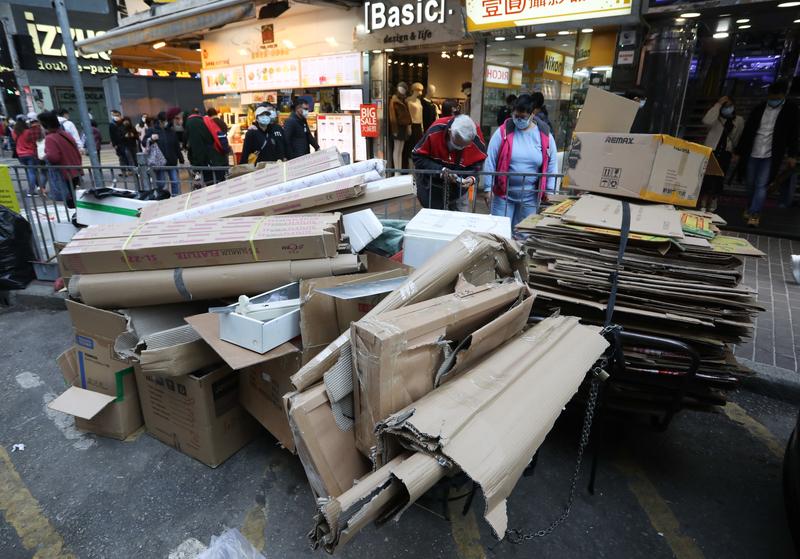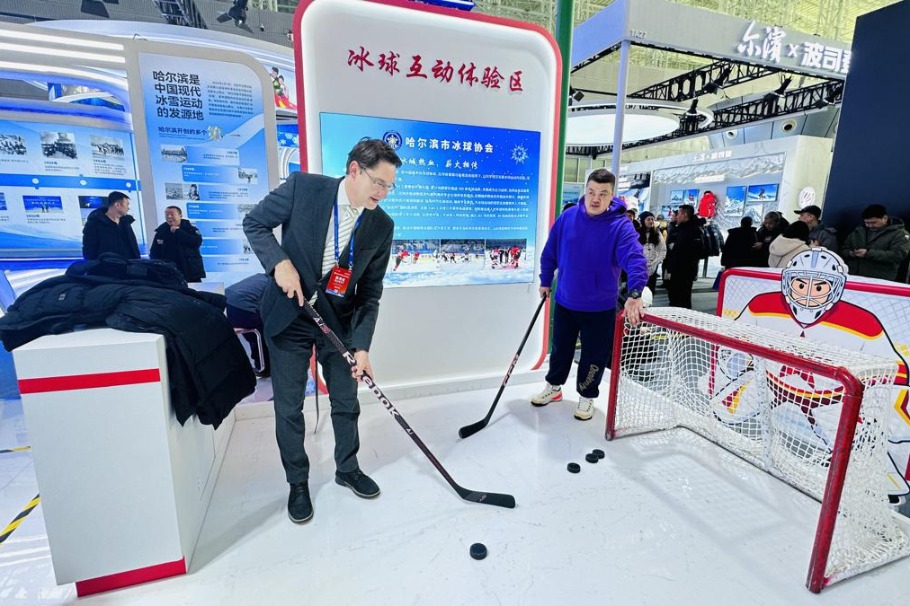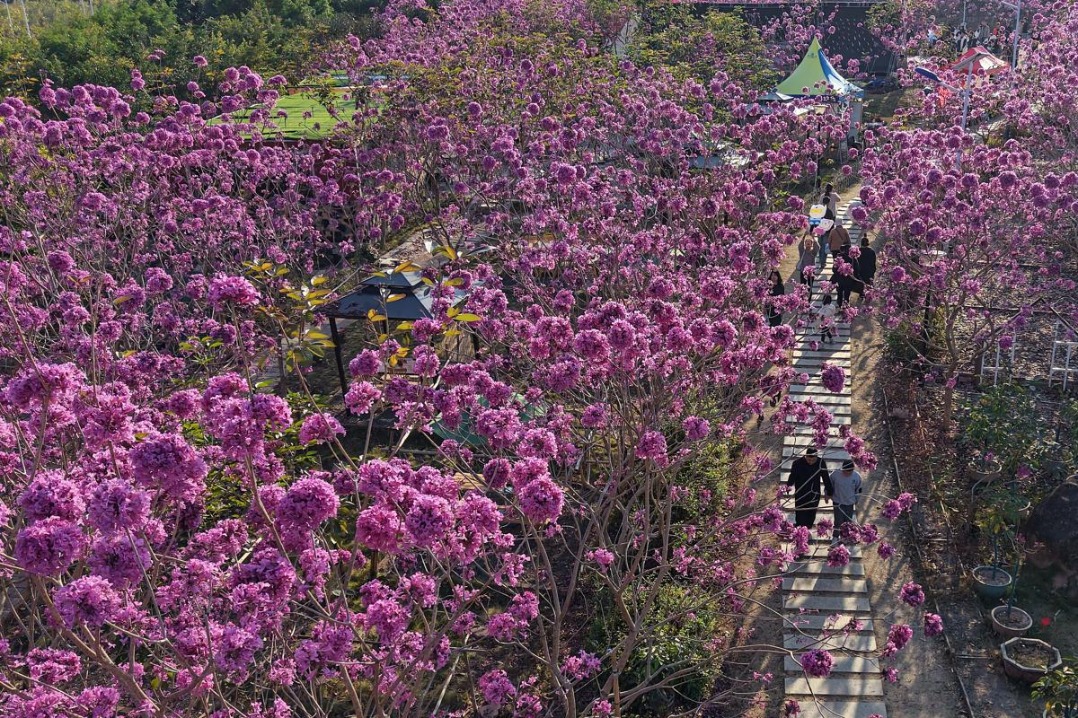Recycling to nowhere


Recycling a way out
Secretary for the Environment Wong Kam-sing said recently that one way out is to build a pulping plant for local paper waste in the short term in addition to diversifying the outlets for recyclable exports. Pulping technology consumes less land, less energy and less water, and can handle those types of waste paper barred from being exported, such as discarded receipts, he said.
"We have been in contact with some of the potential tenderers. So far, their response has been encouraging. We are going to work on the tendering procedure in the first half of this year," said Wong.
According to the EPD, the pulping plant will be located at EcoPark in Tuen Mun, New Territories, and is expected to start operation by 2024. It will probably be Hong Kong's first paper recycling facility since September 2006, excluding a small-scale pulping factory in Yuen Long that targets beverage cartons, and can handle 10 metric tons per day.
The paper factory could have come earlier after Rocsky International secured two hectares of land at EcoPark in 2018 to build a recycling and manufacturing facility that could handle a third of the city's waste paper starting from 2023.
However, reports said Rocsky has withdrawn from the contract due to the higher-than-expected cost and a gloomy business climate. The swathes of land have been handed back to the government, which has to prepare another round of tendering.
For Hong Kong's overall paper recycling policy, the government abandoned its laissez-faire mindset, enlisting 17 contractors through open tendering last year. The deals with contractors, totaling HK$440 million ($56.75 million), are in line with the government's commitment in its 2020-21 budget to set aside at least HK$300 million annually to subsidize contractors in collecting, screening, sorting and baling waste paper before selling to other markets.
Since September last year, contractors have been collecting waste cardboard, newspapers and office papers from street corner recycling shops, mobile recyclers and front-line collectors across the city at prices no less than 70 Hong Kong cents per kilogram as required, to stabilize the income of front-line collectors, mostly elderly people known as "cardboard grannies". The price had once dived to as low as 20 Hong Kong cents per kg.
- China's patrols around Diaoyu Island lawful, justified: spokesperson
- China urges international community to prevent revival of Japanese militarism
- Extended visa-free transit program fuels surge in China's inbound visitors
- Research report on Japan's nuclear ambitions released in Beijing
- Chinese vice-premier stresses importance of wheat field management
- Installed capacity of new energy storage surges in Xinjiang





































